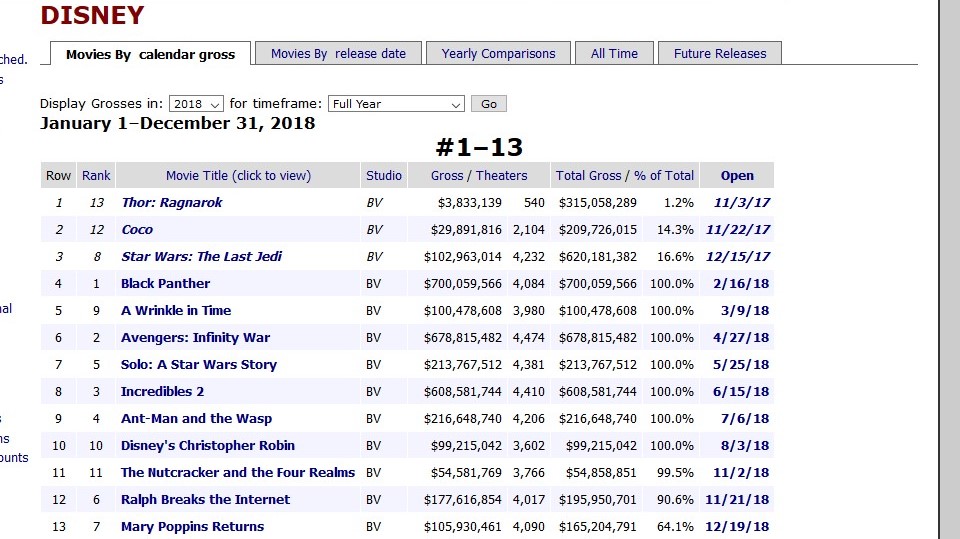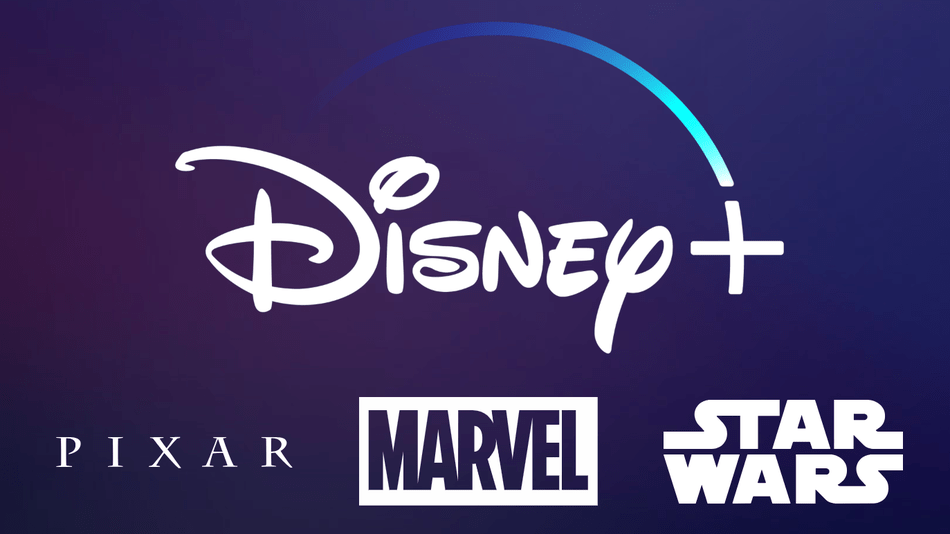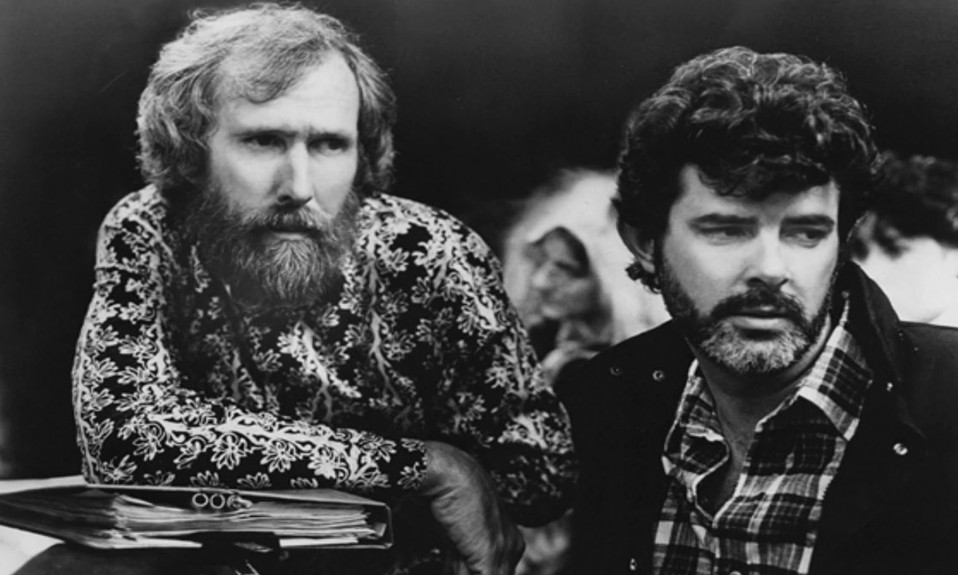It truly is an exciting time to be a film viewer with so many streaming sites vying for our attention. Netflix, Amazon Prime, Now TV and so many others are competing to be your go-to entertainment streaming service. And soon another company will join the streaming wars. Disney announced last year that at some point in 2019 it will launch its own streaming service, Disney+. Many have prophesized that the entertainment behemoth could give Netflix a run for its money. So, today we are going to ask, what effect Disney+ could have on the streaming landscape. Will Netflix be able to compete with a company as giant as the house of mouse? And what could this mean for the future of film distribution?
What is Disney+ offering?
Disney+ is stated to be a child-friendly streaming hub for all of Disney’s owned films and TV shows. These include properties like Star Wars, Pixar, Marvel, and National Geographic. Hulu will broadcast the more adult-oriented content owned by the company. So far, the service has not set a price, but has promised that it will be cheaper than a Netflix subscription. Similar to Netflix and Amazon Prime, Disney+ also plans to host exclusive content. These include Star Wars: The Mandalorian and a series based on Marvel’s Loki. It will also be the first place where all the latest Disney films become available.
How will this effect the industry?
Disney+ could herald the beginning of the next generation of streaming. With the studio’s pedigree and the exclusive big names they have, including Star Wars and Marvel, it seems likely that the production value of their exclusives will be high, with both properties usually focusing a lot on spectacle. And if the service becomes successful with a cheaper price, other streaming companies will have to step up their game. Perhaps lowering their price, offering new selling points or allotting higher budgets for their new projects. Competition breeds creativity and Disney+ seems poised to encourage that.
It is also interesting that Disney does not intend to dismiss cinema distribution. Allowing films to run their course in theatres rather than exclusively releasing it on Disney+. It is interesting that despite the rise of streaming, cinema exhibition continues to generate over £1 billion in revenue each year. And this display from Disney reinforces the importance of cinematic distribution. Therefore, cinemas will still benefit from the income that big releases bring to them. As well as allowing a broad audience to see the films before it becomes exclusive and potentially allowing platforms for smaller films to be seen by a larger audience.
However, if Disney+ is successful it’s not hard to see other big studios forming their own streaming companies to retain distribution rights. Meaning that a movie will run its course in cinemas and then become exclusive to that studio’s website. Customers will thus lose the variety of current streaming sites. Instead, they’ll have to sign up to multiple companies, with different prices to find what they want. This isn’t a particularly consumer-friendly environment to encourage. Plus with the four highest grossing movies of 2017 being produced by them, it’s not hard to see why Disney wants to keep using the cinema box office.
Netflix Vs Disney+
And with Disney+’s announcement, many saw it as a direct challenge to Netflix’s hold on the market. With a cheaper price, a large back catalog as well as original programming and exclusive retention of its latest cinema releases, many predict that Disney+ will be a great Netflix competitor. However, this judgment seems rash. It is exciting to see what Disney will bring to the table. And the more family-focused content of Disney+ makes it unique amongst current streaming companies. Which mainly focus on offering content for different age ranges. But ultimately it is hard to see Disney+ felling Netflix completely for one simple reason, a lack of variety.
The reason platforms like Netflix and Amazon Prime have succeeded is because they provide a vast range of content for all ages and interests. Genre cinema, documentaries, critically acclaimed work, schlocky trash, foreign language cinema from all over the world, kids films and the latest blockbusters are all available on those platforms. And not everyone wants to watch a Disney show or movie when they get home. Some people want to watch an adult-oriented comedy or violent action films, not exclusively family-orientated films.
Just look at the domestic box office figures for Disney’s releases last year. Their box office takings are incredibly sporadic. With some projects earning hundreds of millions while others never reach the hundred mark. Fatigue can set in easily when there is little room to breathe between brand projects (comparatively speaking). Even big-name brands don’t guarantee success, see Solo: A Star Wars Story for proof of that. Disney+ will undoubtedly have a big fan base to rely on. But the limited audience range and content makes it seems more like an Amazon Prime add on than something you would exclusively pay for.

What does the future hold?
Ultimately these judgements are merely speculation and we will find out what happens when Disney+ launches later this year.
It will be interesting to see how established companies will deal with the challenge posed by Disney. A healthy dose of competition is sure to produce a good amount of change. Both in business and in the products produced. And the retention of cinema distribution will give faith to cinemagoers and smaller filmmakers looking for potential platforms to reach a wide audience.
But it is also hard to not be pessimistic about what this could do to the industry by promoting insular distribution rather than reaching the widest possible audience. Overall this feels like something being done for business rather than art. And even devoted fan culture can get burnt out when given too much to chew.














2 Comments
Comments are closed.